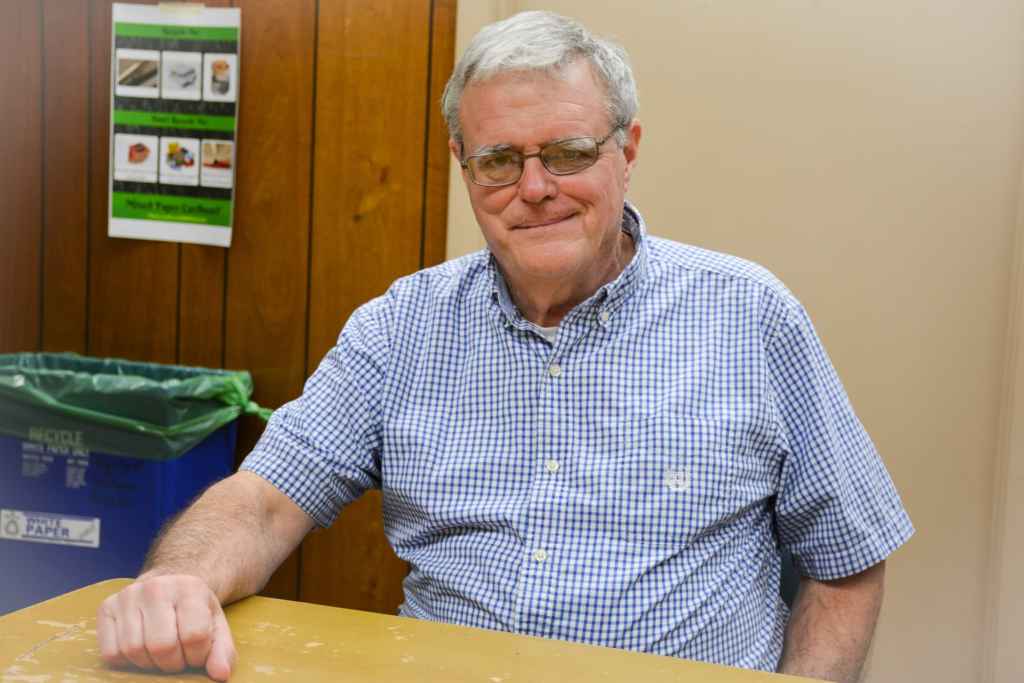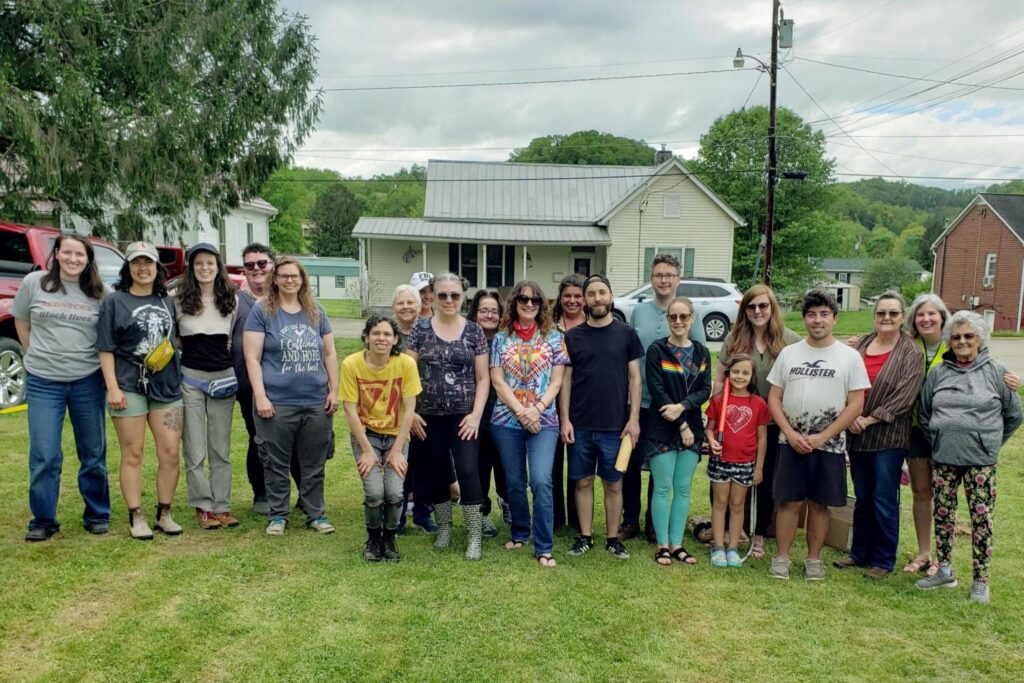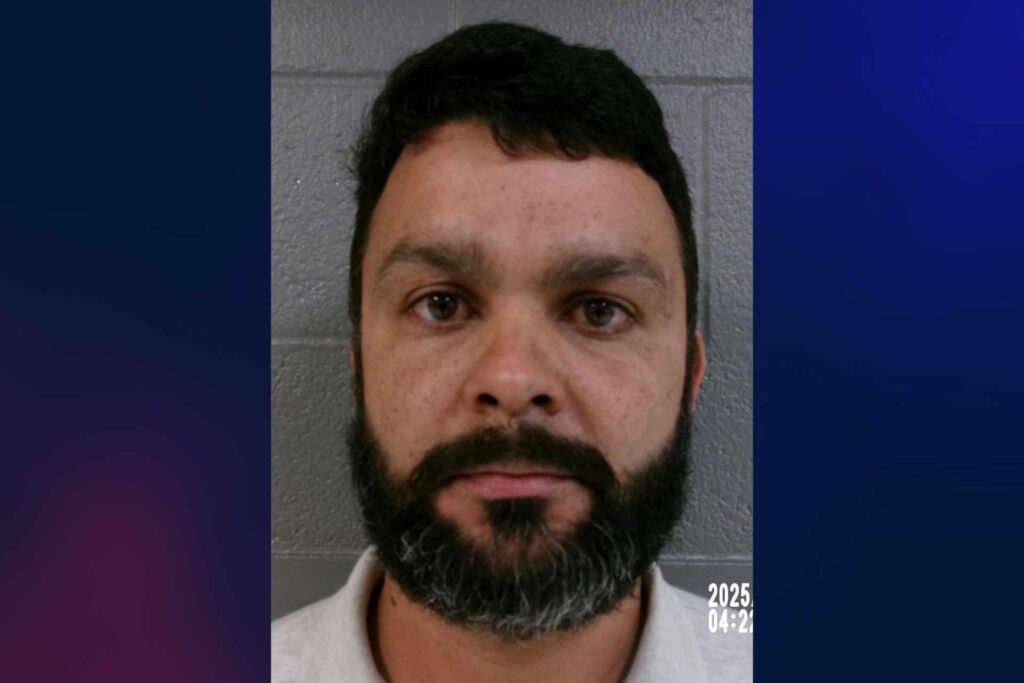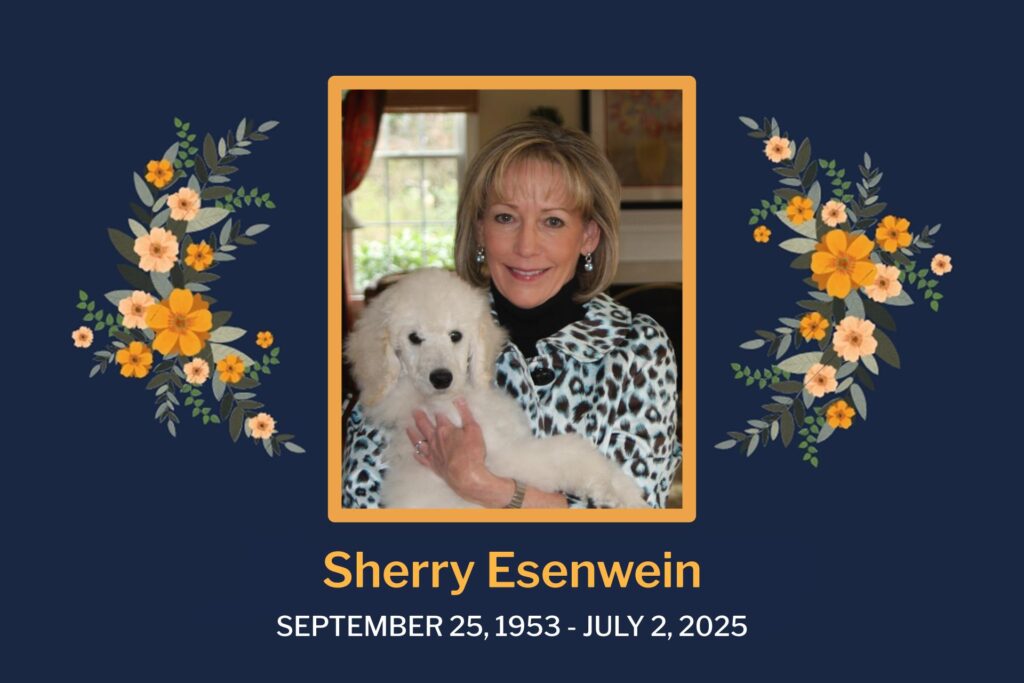BUCKHANNON – The 2018 general election proved to be the most highly anticipated mid-term election in a generation, West Virginia’s most widely known political analyst said in the wake of Tuesday’s results.
But to Dr. Robert Rupp – West Virginia Wesleyan College professor of political science and history and longtime observer of Mountain State politics – the 2018 mid-term was unique among other critical mid-terms for one reason.
“The interesting thing is that unlike other key mid-terms that sent a unified message to the White House, this sent a divided message,” Rupp said in a recent interview with My Buckhannon. “It said, ‘We’re a divided nation,’ and it was an election in which [voters] turned over the House (of Representatives).”
In sum, Rupp describes the results of the election as divided on the national level, “maintaining” on the state level in West Virginia and “predictable” on the county level.
“I would describe 2018 as a maintaining election on the state level because what you had is that the Republicans are the dominant party in the state, and they swept the Congressional races, the House of Representatives, they continued domination of the Legislature, and they kept (Sen.) Joe Manchin,” Rupp said. “Overall, we didn’t see massive change; we saw it maintaining, confirming the Republican majority in the state.”
Manchin’s victory as a lesson on how to be ‘blue’ (and still win) in a ‘red’ state
West Virginia Attorney General Patrick Morrisey challenging longtime Democratic Sen. Joe Manchin for his seat was perhaps the most talked-about result of the night. Although it was down to the wire, Manchin beat Morrisey by 18,936 votes, garnering 49.55 percent of the vote to Morrisey’s 46.3.
Rupp said some people saw Manchin’s victory as an eyebrow-raising surprise.
“Out of the top six Democrats, he was the most vulnerable on the national level, so his retention, his re-election might have surprised people,” he said, “but if you see it for the fact that he’s been part of West Virginia politics for almost 25 years, then his re-election is not that surprising.”
“Manchin’s re-election surprised D.C. analysts more than it did West Virginia voters because they’re not from here, and the main thing he won on was familiarity,” Rupp added.
That’s because most red states that overwhelmingly supported Republican President Donald Trump in the 2016 general election strategically allied themselves with Trump in the months and weeks leading up to the mid-terms – and that association typically led to victory.
However, despite Morrisey heavily aligning himself with Trump and the four visits the president himself made to the Mountain State in the weeks leading up to the mid-terms, Morrisey’s association with Trump didn’t equal a win in the end.
“On paper, because Trump carried this state by more than 40 points, you would assume [that Morrisey would win], but what Joe (Manchin) did is he separated himself from the Democratic party in many ways and he pushed himself as a West Virginian,” Rupp said. “That was amazing. In other states, Trump’s popularity in 2016 transferred well to the Republican challengers in 2018.”
One key to Manchin’s win was his insistence that West Virginians knew him, but they didn’t know Morrisey, who Manchin’s campaign painted as an outsider and a lobbyist.
Rupp thinks the West Virginia school personnel and teachers’ work stoppage in March also factored into Manchin’s arguably narrow win.
Where’s Rupp’s evidence?
Look no further than Jefferson County, Morrisey’s home base, which he lost to Manchin, Rupp said.
“The irony is, he concentrated on the panhandle to get the nomination [in the primary] when there was (Don) Blankenship in it and (Evan) Jenkins, and yet the panhandle that delivered him the nomination by large majorities actually undercut his chances of victory,” Rupp said. “So we have to ask why.”
One answer to that inquiry is that the panhandle counties – particularly Jefferson and Berkeley – have strong teachers’ unions that were active in the March work stoppage.
“They were very active in the teachers’ strike, and [Morrisey] came out against it, talked about getting possible indictments, so maybe it shouldn’t surprise us that an area of strong teacher support would undercut his majority in his hometown,” Rupp said.
Meanwhile, Manchin, who supported the teachers, beat Morrisey in votes both in the attorney general’s home county, Jefferson County (10,587 votes to 9,316 votes), and in his own territory, Marion County (10,854 to 7,260).
“We still have the importance of the home base,” Rupp said.
In addition, Rupp said Manchin has schooled the nation on how to win as a Democrat in an overwhelmingly red state. He pointed to the longtime senator’s support of the coal industry and choice to not only support Second Amendment rights, but also shoot a gun in a political advertisement.
“In a sense, what Manchin has delivered, is he delivered a workshop or has written a book on how you can be a Democrat and get elected in a red state,” Rupp commented. “I used to say there were three parties in the state: Democrats, Republicans and West Virginia Democrats, because they’re so unusual, and now we might argue that there are Republicans and Manchin in the state because he is, for all intents and purposes, the Democratic party [embodied] in his re-election.”
If they didn’t ‘Remember in November,’ they certainly didn’t forget
Although the impact of the teachers’ and school employees’ work stoppage in the spring of 2018 is hard to measure, Rupp said there’s evidence that it reinvigorated teachers’ unions and did have some impact in specific areas.
“The Republican party initially did not pay attention to the teachers’ strike, but in the last month and last weeks of the campaign, they went out and – I say ‘hugged a teacher’ – they embraced the teacher pay raises, even though they opposed the teachers’ strike and teacher demands earlier,” Rupp said. “It shows me that they realized they were very hurt by it, so the ‘Remember in November’ is hard to calculate, but just when we look at what the Republicans did, backpedaling so desperately at the end … [it’s one sign that the movement had an impact].”
“I would say that the story of 2018 was not the results,” he added. “The story was the teacher strike in March that shook up politics and it restored power to the teacher unions, because there were two unions that had been losing power in the last 10-15 years.”
The work stoppage reinvigorated both teachers’ and school personnel employees’ unions as well as the United Mine Workers’ union.
“History will see this 2018 election not so much in the results in November but in the teachers’ strike in March, and I say that because the first indication that this teachers’ strike was an important political force was the defeat on our district of (Sen. Robert) Karnes, which could be very much attributable to the negative stand he took against not only teachers, but teachers’ strikes,” Rupp remarked. “So if they didn’t remember in November, they certainly didn’t forget, and we can pick isolated cases — starting with our own Karnes in the primary and looking at defeats here — we can see that, at least in the end, that teachers’ unions, when united, are going to be a force to contend with.”
Voters crave civility amid a ‘north-south realignment’
Del. Bill Hamilton, whose support of teachers likely played into his triumph over Karnes in the primary, easily won the 11th senatorial district in the general election, defeating Democrat Laura Finch.
Rupp thinks Hamilton and Manchin – despite their different party affiliations – project a willingness to work “across the aisle,” something he believes voters desire.
“If you want to draw comparisons, what do both Joe and Bill share? They talk about compromise, and they talk about bipartisanship … which, in this case, both their victories would reflect that the majority of voters want civility,” Rupp said. “We want bipartisanship.”
On the county level, Rupp said Republican candidate Carl “Robbie” Martin’s victory over Democrat Matt Kerner was “predictable.” However, Kerner may have sparked some enthusiasm among Democrats that’s been previously lacking – even if that enthusiasm didn’t translate into a win.
“Upshur is red, and Upshur’s been red since the Civil War, so the first thing you look at is registration and history,” he said, “and if you’re a Democrat in Upshur County, it’s going to be hard.
“So in his favor, Martin had registration numbers and the history of it, and he also had the familiarity of his family name, but what I indicated was a high level of Democrat interest and enthusiasm that may not have transferred in votes, but it certainly in terms of the atmosphere for Kerner.”
Rupp said Kerner’s personal and professional expertise on addiction – a main issue plaguing the state – likely played into interest about him as a candidate.
“The very fact that he is familiar with the most important issue helped that,” Rupp said. “So while he didn’t get the votes, as far as changing the ambiance or the atmosphere of Upshur politics, that was an unexpected surprise that he was able to generate as much enthusiasm as he did.”
However, Rupp credited Martin for running a smart campaign.
In particular, he pointed to Martin’s advertisements emphasizing his commitment to protecting the Second Amendment rights as an astute choice in the current political climate, in which gun ownership is linked to people’s values and identities.
Martin will serve in the House alongside his brother, Patrick, who was re-elected to his second term in the 46th District, which mainly consists of Lewis County.














